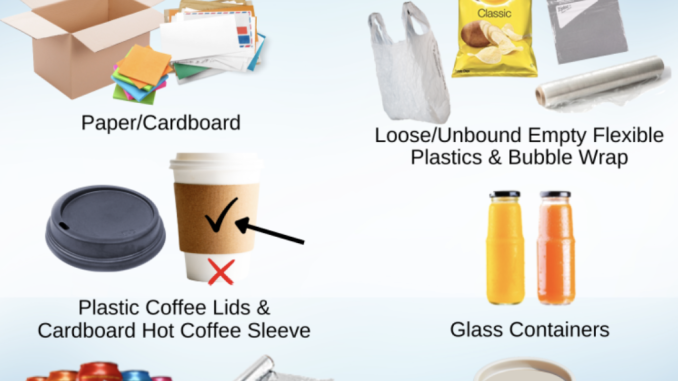
Isabel Wesman: iswesman@ursinus.edu
Growing up is harder than it was before. In this highly technological, post-Trump, Covid-impacted era, the youth of today’s world have a lot to think about. I sat down with Amanda Laucks ‘23, an Environmental Studies major, who in many ways embodies the Gen-Z profile. While she enjoys her time on Tik Tok, Amanda is more than just a digital native—she’s modern, highly motivated, fashion-forward, socially and environmentally conscious, and—she noted—a Virgo. After graduation, Amanda told me she hopes to move to either New York or DC to pursue food justice. In our conversation, we talked about the state of the world and what being a student, environmentalist, and member of the LGBTQ+ community means to her in this day and age.
I: Coming of age in this time I think is really interesting because we see a lot of progress in awareness of political and social issues, but also sometimes regression in these same areas. I’m sure you see a lot of this, and that there are many emotions that go with it. Is that hard?
A: Yes. Environmentalism, growing up I saw a lot of talk about how the environment is going to shit. But then coming to school there was so much that I learned about what we’re told online that isn’t necessarily true, and so much that I had to unlearn. One example is placing blame on individuals instead of businesses. Like with the whole straw thing, people were really made to feel bad about using straws, and this distracted them from other more important issues. And then as far as being gay, when I was in high school it was a lot different than how it is now.
I: In what way?
A: In high school, I was able to find YouTubers online who were gay, but it [being mainstream and out in public] wasn’t really a thing yet, but over the years, that has changed so much to the point where now it’s almost a cool thing to be gay, and there’s a lot more representation in movies, TikTok, everywhere.
I: Was there something that pushed that change?
A: There was definitely a change in society — a change in our generation. I’d say especially during the pandemic, that’s when the idea of “being gay is cool” really took off. I have no idea why.
I: How do you think our generation compares to other generations?
A: The fact that we’re chronically online changes a lot which could be why so much change happened over the pandemic — because we had nothing else to do but go on our phones. Also, no other generation has been able to hear so many opinions from all across the world, and I think that has really positive and negative impacts. I know for me, without those people that I found on YouTube, I would not have accepted myself as well as I did, but now I definitely feel the negative impacts of being on screens
so much. I’ll sit and scroll on Tik Tok for hours, and there can be so many opinions on things, it’s overwhelming.
I: How do you balance hearing so many opinions—and so many issues—with just living life?
A: For a while learning about environmental issues, for instance, I completely lost hope. I was like why even try to solve anything. But something that I’ve settled on is I can’t change everything but if I just pick one thing that I really care about and try to come up with creative solutions to fix that, that’s all I can do.
I: What gives you the most hope?
A: I hope our generation is the one to change things. We all are so much more aware of the issues, so if we all pitch in and try to help in different areas, and vote for people who make positive change, then yeah, I can see us making change.
I: Speaking of change, do you think that higher education has changed the way you see things at all?
A: I come from a very small, white, town. I don’t feel like I was sheltered, but the stuff I’ve learned in school—even though it is environmental-focused—was so intersectional and so the way that I view different systems and how to come to solutions to problems is a lot different than before. Just on the topic of food alone, it’s not just grown on a farm and taken to the grocery store. There are so many people from other countries who come here, farm our food which gives us nutrition, and then they can’t even go to the grocery stores because they’re hiding from ICE.
I: So, to your understanding, what are some of the most important action items people can do to make just a bit of positive change?
A: At this school, specifically, recycling. People believe that at this school, recycling isn’t real. Sometimes, because people are so bad at recycling, they can’t give it to the sorters. If half the recycling is trash then yes, they’ll throw it all together, but I have personally seen the recycling sorter, I’ve gone to the place where they actually do the recycling, and I’ve seen the contract between the school and how much they pay, so I know that it’s real. Outside of the school, I’d say if you can, shop locally, try to minimize transportation, find local farmers markets, and educate!
